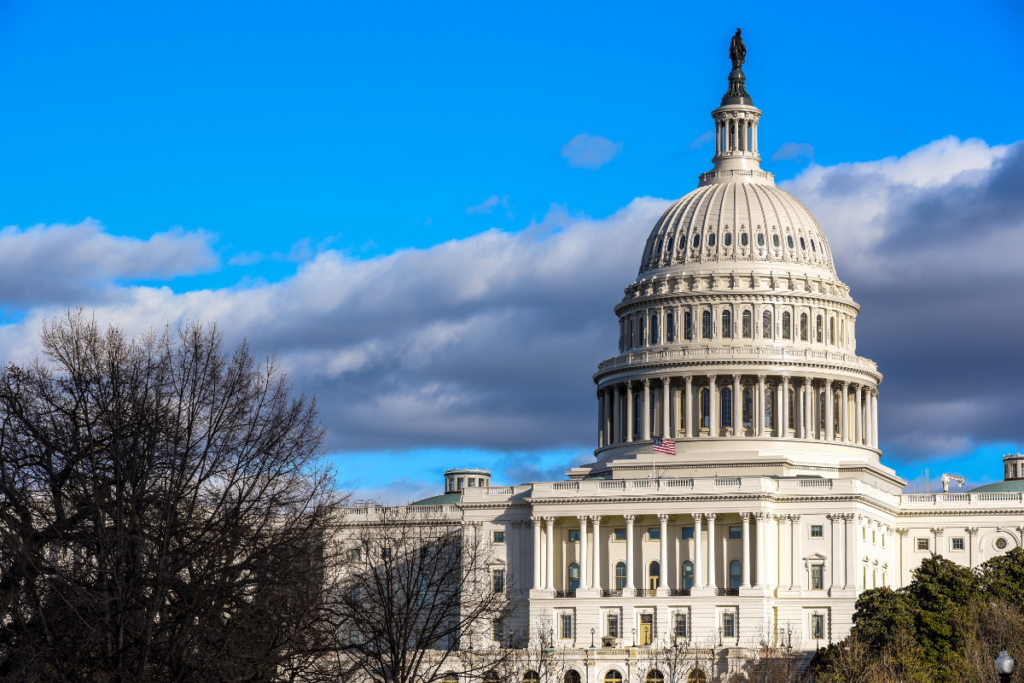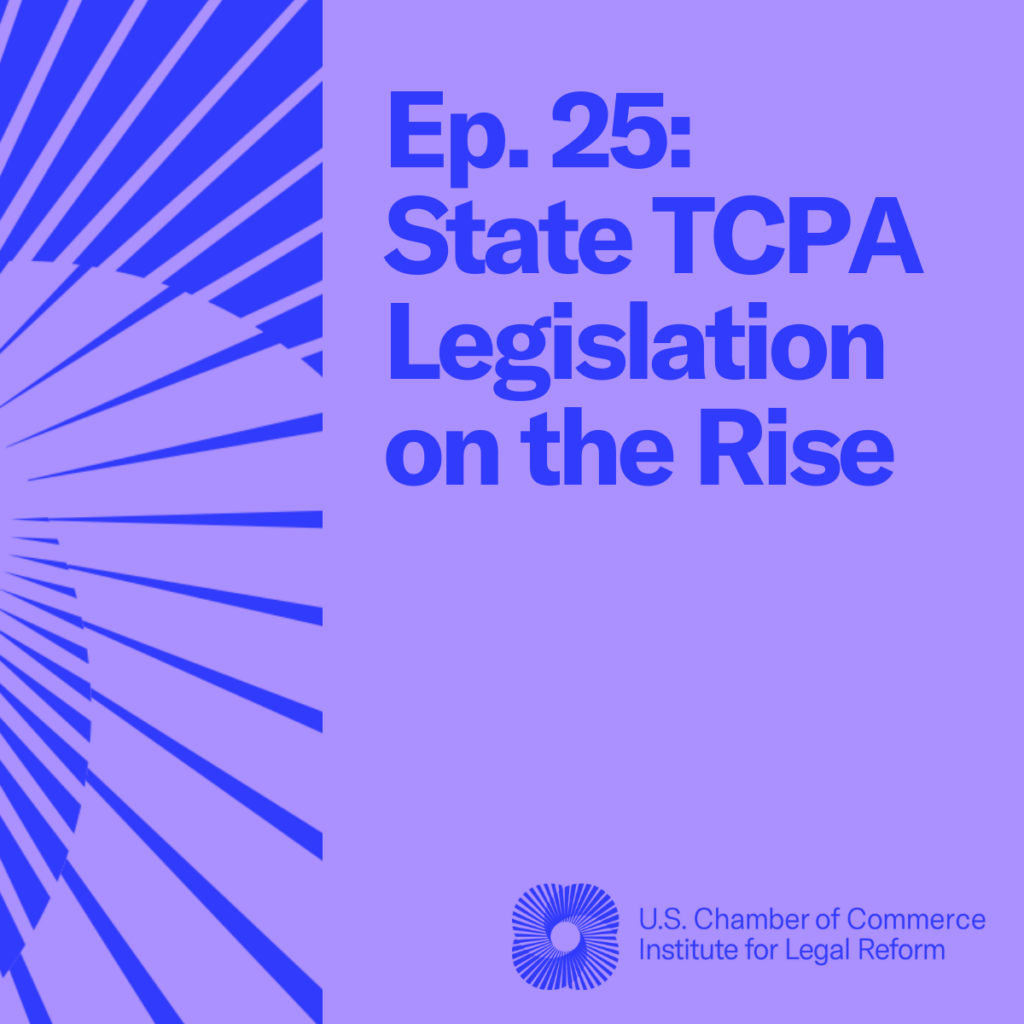The Telephone Consumer Protection Act (TCPA) was designed to protect Americans from the annoying robocalls that no one wants or asks for. But when people are using the law to get on the phone, it’s clear that it’s time to fix it.
Look no further than the case, or cases, of Jan Konopca.
According to a Forbes.com story last week, Konopca has filed 31 TCPA lawsuits since 2010.
How? Well, he has three phone numbers, one of which he switched from a landline to a cell number to give himself a better chance of pursing legal action. Even though a New Jersey judge said it was “most probable that (Konopca) manufactured the harm” by collecting phone numbers and waiting for them to ring, he still let Konopca’s scheme continue. Thirty-one lawsuits later, and he’s made more than $800,000.
Unfortunately, he is just one anecdote in what’s become a clear trend of TCPA lawsuit abuse by “professional plaintiffs” and their entrepreneurial lawyers. The formula is simple: collect as many reassigned numbers as possible, and wait for businesses to erroneously call. Take the example of Melody Stoops, a Pennsylvania woman who collected 35 cell phones in hopes of catching unintended calls.
An ILR research paper found these professional plaintiffs are a contributing factor in the explosion of TCPA litigation. There was a 46 percent increase in case filings in the 17-month period after the Federal Communications Commission expanded the interpretation of “automatic dialer,” when compared to the 17-month period before the decision.
That same report found only 44 law firms/lawyers were responsible for 60 percent of the filings in that period. Two firms dominated that group, bringing over 200 suits each.
Stockpiling phone numbers is not the only way these lawyers and plaintiffs have manufactured these claims. Just last year, a New Jersey plaintiff sued Kohl’s for failing to unsubscribe her from text messages. Rather than simply texting the word “STOP” as outlined on Kohl’s “unsubscribe” instructions, she instead texted full sentences that the system could not understand.
Thankfully, a judge said this “made it difficult or impossible for defendant to honor her request,” and tossed her case. Even still, Kohl’s had to spend hundreds of thousands of dollars, if not more, defending itself from this bogus case. Situations like this ultimately result in increased costs to consumers.
Imagine how this would affect a small business. TCPA lawsuits like this, which can cost up to $1,500 in damages per call, can stunt the growth of a small business. Take Mobile Media Technologies, a small business in Kansas City that developed a text message marketing product. The CEO told the U.S. House Judiciary Committee last summer that his business lost $400,000 over the past two years as a result of TCPA suits against its clients.
Unfortunately, the TCPA litigation explosion is not just a short-term trend. Between 2010 and 2016, TCPA lawsuits swelled twelve-fold. This is a problem, and it needs immediate fixing.
Legitimate businesses that use by-the-book tactics are now somehow finding themselves prime targets for lawyers and professional plaintiffs.
The law was not intended to allow people to sue Walgreens for a prescription pick-up reminder text (that case settled for $11 million), or to sue Facebook for warning users that their account had been accessed on an unknown browser. Neither Facebook nor the SMS text message even existed when the law was signed.
Governing new technologies with an old law is only enriching the lawyers. A 2015 filing with the Federal Communications Commission found that the average TCPA plaintiff walked away with $4.12, while his or her lawyer took home $2.4 million.
There are bad actors. We shouldn’t accept scam robocalls that interrupt our family dinners. But we also shouldn’t accept blatant abuse of an outdated law. New technologies have given people like Konopca and Stoops, and especially their lawyers, new ways to create lawsuits. Lawmakers could not have imagined today’s communication power when they wrote the law in 1991. So why haven’t we given the TCPA an update?
We should, and quickly. Congress has already held hearings on the issue. It’s time to do the right, and fair, thing. Lawmakers in the House and Senate should take up legislation to update the TCPA.



